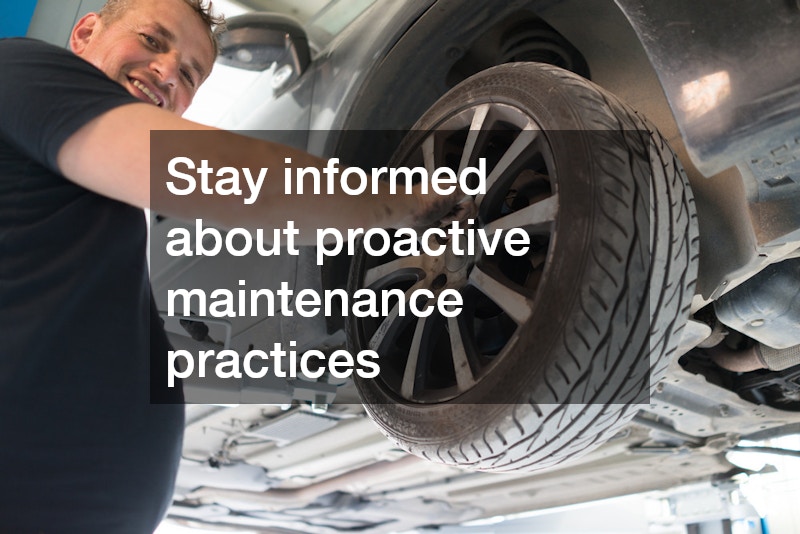Understanding Repair Shop Basics
Visiting an auto repair shop for the first time can be daunting, especially if you’re unsure about what to expect. However, knowing some basics can help demystify the process. The key is to start with some research; understanding the types of services offered and the general reputation of repair shops in your area is essential. You can consult online reviews or ask for recommendations from friends and family to find a trustworthy shop.
Remember, your aim is to find a place that ensures high-quality service and puts customer satisfaction as a priority.
When planning a visit to a repair shop, it is wise to understand the types of repairs commonly provided. Most straightforward repairs include oil changes, brake checks, and tire replacements. However, more complex services like engine diagnostics and transmission repairs are often available as well. Ask the technicians about their experience with your specific vehicle make and model. This understanding will empower you, making it easier to ask the right questions and discuss your vehicle’s needs confidently.
Additionally, it’s beneficial to familiarize yourself with basic vehicle issues so you can effectively communicate with the mechanics. Knowledge of common car problems, such as strange noises, leaks, or performance issues, can guide your conversation with the repair shop. Good communication can help the technician diagnose the problem faster and more accurately. Moreover, active participation in discussions about your vehicle’s condition often plays a key role in saving time and avoiding unnecessary expenses. In this way, you build a positive relationship with the repair shop that can benefit future visits.
Key Questions to Ask the Mechanic
Being prepared with a list of questions before heading to the repair shop can maximize your experience. Start by inquiring about the credentials of the technicians. Understanding your mechanic’s certification, like ASE (Automotive Service Excellence), provides assurance regarding their expertise and reliability. Furthermore, ask about the warranty on parts and labor to ensure you are covered should any issues arise post-repair. It’s crucial to know the shop’s policy on providing estimates and billing, helping to avoid potential disputes later.
Another essential question is about the repair timeline. Vehicle repairs can vary significantly in duration depending on their complexity. It is helpful to ask when you can expect your vehicle’s return and whether they offer loaner cars or transport if repairs will be extensive. Additionally, inquire about the availability of parts and whether they use original equipment manufacturer (OEM) parts or aftermarket products, as this can affect both cost and quality. Remember, having a clear understanding of timelines and part availability assists in planning your day and aligning the repair work with your schedule efficiently.
Finally, discuss the diagnostic process and any associated fees. Some repair shops offer free inspections, while others might charge a fee, which can be credited to your repair job if you choose to go forward with it. Understanding the diagnostic tools and techniques they employ can also provide peace of mind about the accuracy of the job. Additionally, ask about the potential for additional repairs should the initial diagnosis uncover further issues. Establishing a clear line of communication regarding diagnostics builds trust and ensures both parties are on the same page moving forward.
Managing Repair Costs

When dealing with repair costs, it is important to approach the situation with a cost-effective strategy. Start by obtaining multiple quotes from different repair shops to compare both pricing and service quality. Although it can be tempting to go with the least expensive option, consider the reputation of the shop and the quality of parts and services provided. Sometimes a slightly higher initial cost can be justified by a longer-lasting repair and better customer service. Additionally, ask about any available discounts, promotions, or financing options that can make the repair process less financially burdensome.
Furthermore, an understanding of common repair costs and the potential for unexpected additional charges can help you prepare financially. Discuss any basic inspections fees that could arise, and set a clear limit for any additional work that might be required to avoid surprise expenses. Remember to confirm the form of payment accepted and whether deposits are mandatory prior to starting the repair work. Preparing a budget and anticipating possible financial commitments can alleviate stress and uncertainty. Taking these steps helps to focus more on the repair process itself, rather than worrying about costs spiraling out of control.
Finally, stay informed about proactive maintenance practices that can reduce future repair costs. Regular maintenance, such as oil changes, tire rotations, and brake inspections, can keep your car running smoothly and prevent larger, costlier repairs down the line. Keeping an open dialogue with your mechanic about maintenance schedules also allows tailoring these visits to fit your budgetary needs. Investing a little in routine checks now can save you money in the long term, ensuring that expensive breakdowns are less likely to occur. Achieving a balance between maintaining your vehicle and managing repair costs effectively enables a worry-free driving experience.
